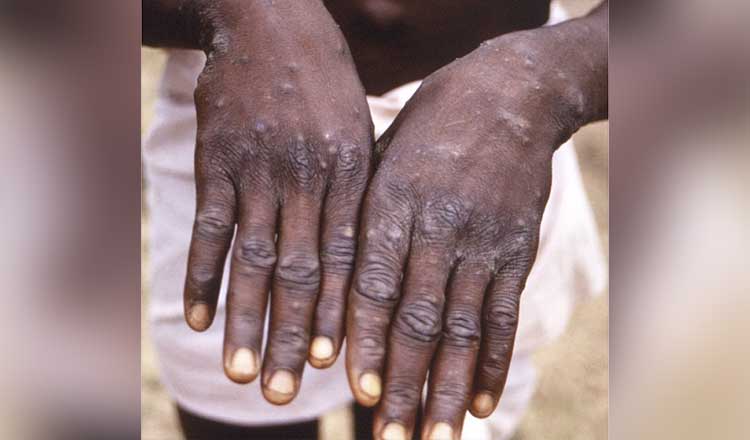Mpox Declared Global Emergency as New Strain Spreads Rapidly Across Africa

London — The World Health Organization (WHO) has declared mpox, a viral disease previously known as monkeypox, a global emergency due to a new strain spreading at an alarming rate across Africa. This declaration comes amid a dramatic 160% increase in cases compared to the same period last year, with deaths rising by approximately 19%.
Africa’s leading health authority has also declared a public health emergency in response to the surge in infections. Over 15,000 cases and 461 deaths have been reported on the continent so far this year, prompting urgent efforts to curb the outbreak.
What Is Mpox?
Mpox is a viral disease that primarily affects central and western Africa. It was first identified in laboratory monkeys, which led to its original name, monkeypox. However, in 2022, the World Health Organization renamed the disease mpox following complaints that the original name was “racist and stigmatising.”
The disease is caused by the mpox virus, which is related to the viruses that cause smallpox. Although mpox is less deadly than smallpox, it can still cause serious illness, particularly in children, pregnant women, and those with weakened immune systems.
Symptoms and Spread
Mpox typically begins with flu-like symptoms such as fever, headache, muscle aches, and exhaustion. Within a few days, patients often develop a rash that progresses into raised bumps filled with fluid. These bumps eventually crust over and fall off. The disease can spread through close contact with an infected person or animal, or through contact with contaminated materials like bedding.
Human-to-human transmission primarily occurs through direct contact with bodily fluids, lesions, or respiratory droplets, making close, prolonged contact a key factor in the spread of the virus.
Treatment and Response Efforts
Currently, there is no specific treatment approved for mpox. However, there are several antiviral medications used to treat smallpox and other conditions that may help patients with mpox.


















Facebook Comments